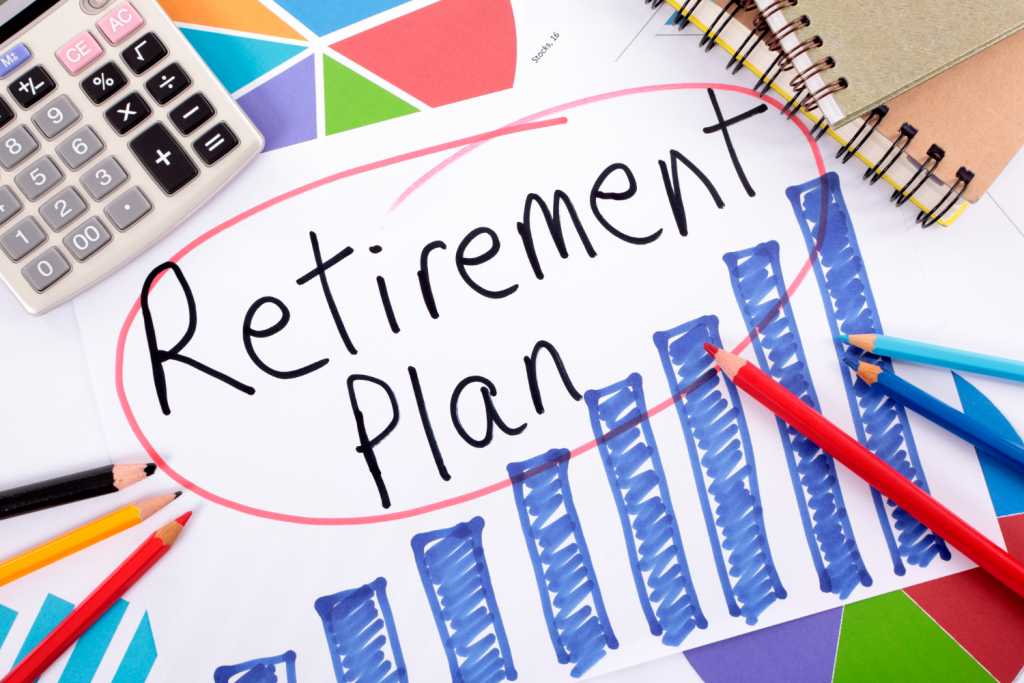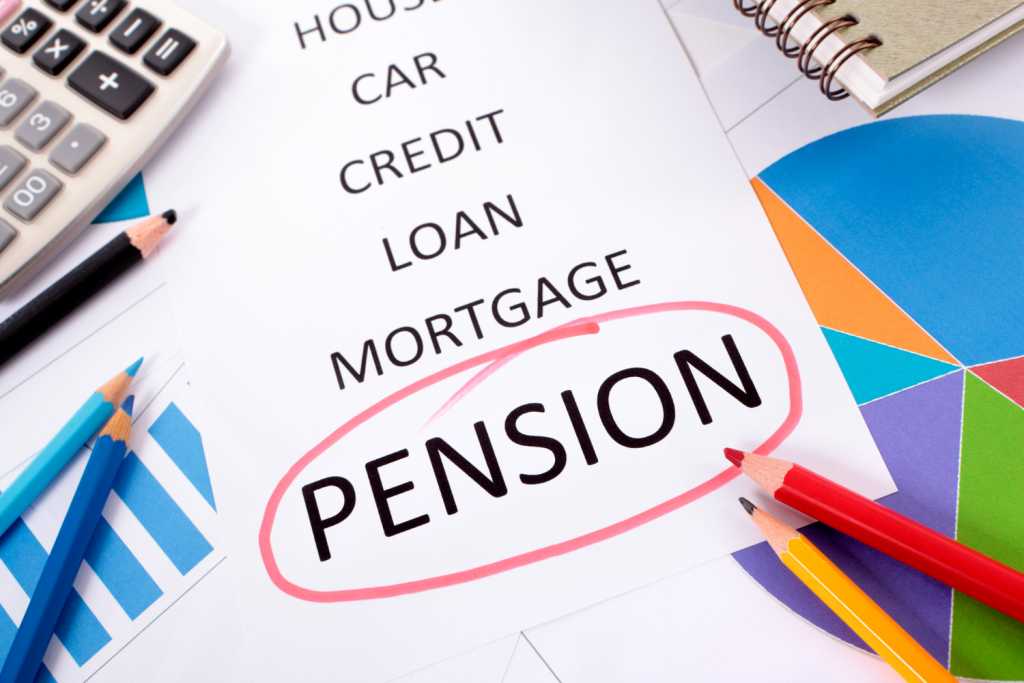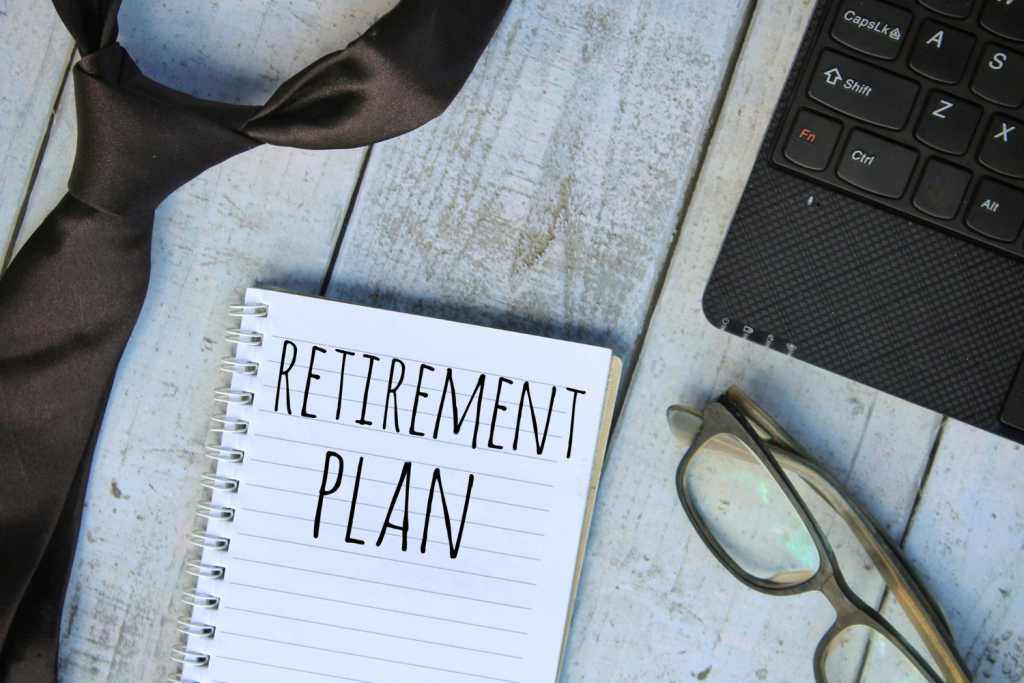Certainty today and tomorrow.
Ongoing communication, education and adaptation are key to staying current. Join us here to see updates on topics important for you and your business.
March 30, 2023
Pension payroll and employee benefits are an essential part of the Canadian employment landscape, providing crucial support to employees looking to achieve financial stability and security in their retirement years. As the building blocks of retirement security, understanding how these systems work and the benefits they offer is key to ensuring a secure and comfortable retirement. In this blog post, we’ll explore the importance of pension payroll and employee benefits for ensuring retirement security.
A pension is an income that is regularly paid out to someone after they have retired from work. Generally, a pension plan is an agreement between an employer and an employee that sets out a certain amount of money that will be paid to the employee upon retirement.

Pensions come in different forms depending on the specific needs of the employer and employee, but all typically involve some form of savings or investment that is designed to provide the employee with a steady stream of income in retirement. The amount of money received in a pension will depend on how much has been invested in the plan as well as the type of plan chosen by the employer and employee.
In Canada, employers may choose from a variety of registered pension plans, such as defined benefit plans, defined contribution plans, pooled registered pension plans, and target benefit plans. Additionally, employees may also choose to participate in voluntary pension plans like RRSPs (Registered Retirement Savings Plans).
No matter the type of plan chosen, pensions provide invaluable financial security and peace of mind for employees and their families during their retirement years.
Pension plans come in a variety of different forms, depending on the needs of the employer and the preferences of the employee. Generally speaking, pension plans can be divided into two broad categories: defined contribution plans and defined benefit plans.

Defined contribution plans are funded by the employer and/or employee, and the amount of money deposited into the plan is based on a set amount or percentage. Employees are typically responsible for making their own investment decisions to maximize their retirement savings. The money in these plans grows tax-free until it’s withdrawn, at which point it’s taxed as income.
Defined benefit plans are funded solely by the employer and are designed to provide a fixed monthly income for employees upon retirement. These plans are often calculated using a formula that considers factors such as salary history, years of service, and age. The benefit amount is usually not affected by market fluctuations or other external factors, which can provide some peace of mind to employees planning for retirement.
In addition to the two main types of pension plans, there are other options available for those looking for greater flexibility and control over their retirement savings. Some employers offer flexible spending accounts (FSAs) or health savings accounts (HSAs), which allow employees to set aside pre-tax dollars to cover eligible medical expenses. Other popular choices include group RRSPs and group TFSAs, which allow employees to make contributions as a group, reducing their taxable income while still providing them with access to a pool of funds upon retirement.

Having a pension plan can provide a range of benefits to employees. It can provide a steady stream of income after retirement, as well as financial security and stability in the years leading up to it. With a pension plan, employees can make larger contributions towards their retirement savings, allowing them to build a stronger financial future.
A pension plan also offers tax advantages. Contributions made into the plan are typically tax-deductible, meaning you can reduce your taxable income for that year. This is particularly beneficial for those with higher incomes, as the amount of money saved on taxes can be substantial. Additionally, any earnings from investments within a pension plan are not taxed until withdrawn.
Having a pension plan can also provide peace of mind knowing that funds will be available during retirement when needed. With a plan in place, you don’t need to worry about how to pay your bills or if there will be enough money for other expenses such as medical costs.

Finally, having a pension plan helps ensure that you will be taken care of in the event of an unexpected death or disability. Many pension plans offer survivor benefits and/or disability benefits to ensure that you and your family are provided for in difficult times.
Choosing the right pension plan for you is an important part of planning for your retirement. Different pension plans offer different benefits and features, so it’s important to understand your individual needs and goals before making a decision.
First, you’ll want to consider what type of pension plan you’d like to enrol in. The two main types are defined benefit (DB) plans, which guarantee a certain level of income in retirement, and defined contribution (DC) plans, where employers make fixed contributions that you manage and invest in yourself. Both have their advantages and disadvantages.

Second, look into the specifics of each plan. Consider the contributions and fees associated with the plan, as well as the employer’s track record of making payments on time. Also, pay attention to the vesting period and how long you need to stay with the plan before you can access the money.
Finally, don’t forget to think about other retirement benefits such as disability insurance and life insurance. You should also look into what options you have if you switch jobs or retire early.
Ultimately, the best pension plan for you depends on your personal situation and goals. Take some time to research and compare different plans and consult with a financial advisor if you have any questions or need additional help. By doing your due diligence, you can ensure that you’re getting the most out of your pension plan and that you have a secure retirement plan in place.